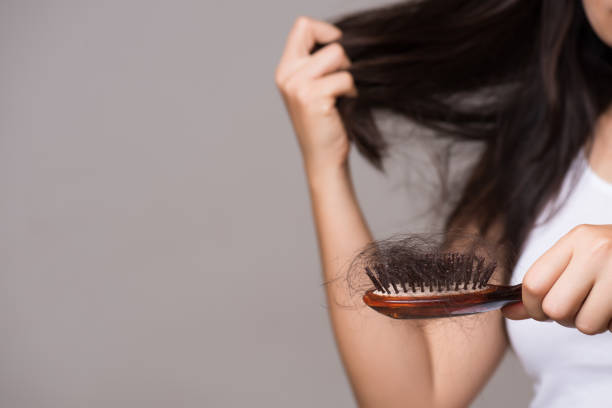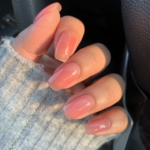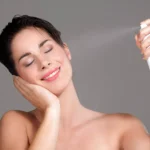Creatine is a popular dietary supplement among athletes and fitness enthusiasts known for its potential to enhance muscle growth and performance. However, like many supplements, it has been subject to various rumors and concerns, including one particularly disconcerting question: Does creatine cause hair loss? This is a question that has generated a fair amount of debate and speculation in the fitness community.
In this article, we will delve into the scientific research and evidence to provide clarity on whether there is a link between creatine consumption and hair loss.
What is Creatine?
Creatine is a natural substance that is found in our muscles. It is produced by the liver and kidneys and stored in the muscles as phosphocreatine. During high-intensity exercises, such as weightlifting, our muscles use this stored phosphocreatine to produce ATP, which is the primary source of energy for our muscles.
How does Creatine Work?
Creatine works by increasing the amount of phosphocreatine in our muscles, which results in an increase in ATP production. This, in turn, leads to enhanced muscle performance, strength, and growth. However, the mechanism by which creatine causes these effects is not fully understood.
Does Creatine Cause Hair Loss?
There is a popular belief that creatine causes hair loss. The theory behind this claim is that creatine increases the production of dihydrotestosterone (DHT), which is a hormone that is known to cause hair loss. DHT is derived from testosterone, and when it binds to the hair follicles, it can cause them to shrink and eventually die off. This, in turn, leads to hair thinning and baldness.
Is There Any Evidence to Support This Claim?
Despite the widespread belief that creatine causes hair loss, there is little scientific evidence to support this claim. In fact, several studies have investigated the relationship between creatine and hair loss, and most of them have found no link between the two.
One study published in the Journal of International Society of Sports Nutrition investigated the effects of creatine supplementation on DHT levels in healthy men. The study involved 20 men who were given either a placebo or creatine supplement for three weeks. The results showed that there was no significant difference in DHT levels between the two groups.
Another study conducted by researchers at the University of São Paulo in Brazil also found no link between creatine supplementation and hair loss. The study involved 19 men who were given either a placebo or creatine supplement for six months. The results showed that there was no significant difference in hair loss between the two groups.
Other Factors That Can Cause Hair Loss
While creatine may not cause hair loss, there are several other factors that can contribute to it. These include:
- Genetics: Hair loss is often hereditary, and if your family has a history of baldness, you may be more likely to experience it.
- Age: As we age, our hair follicles start to shrink, which can lead to hair thinning and baldness.
- Hormones: Imbalances in hormones, such as DHT, can contribute to hair loss.
- Stress: Chronic stress can disrupt the natural hair growth cycle, leading to hair thinning and loss.
Should You Be Concerned?
Based on the current scientific evidence, there is no reason to be concerned about creatine causing hair loss. While there have been claims that creatine increases DHT levels, the studies conducted so far have failed to find any link between the two.
However, if you do experience hair loss while taking creatine, it’s important to consider other factors that could contribute to it. If you have a family history of baldness or are experiencing other symptoms of hair loss, such as an itchy scalp or sudden hair shedding, you may want to speak with a doctor to rule out any underlying health issues.
FAQs
- Can creatine cause hair thinning? No, there is no scientific evidence to suggest that creatine causes hair thinning.
- Can creatine supplements affect DHT levels in the body? Some studies have suggested that creatine supplementation may increase DHT levels in the body, but these effects are not significant enough to cause hair loss.
- Is creatine safe for long-term use? Yes, creatine is considered safe for long-term use when taken in recommended doses. However, it’s always important to consult with a doctor before starting any new supplement regimen.
- Are there any side effects of taking creatine? Some people may experience minor side effects such as bloating, stomach upset, and muscle cramps. However, these side effects are usually mild and go away on their own.
- Can women take creatine supplements? Yes, women can take creatine supplements.
Final Takeaway
If you’re considering creatine supplementation and have concerns about its potential impact on your hair, it’s advisable to consult with a healthcare professional or dermatologist who can provide personalized guidance based on your specific health and fitness goals. Ultimately, the decision to use creatine or any other supplement should be made with careful consideration of your unique circumstances and in consultation with qualified experts.







